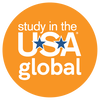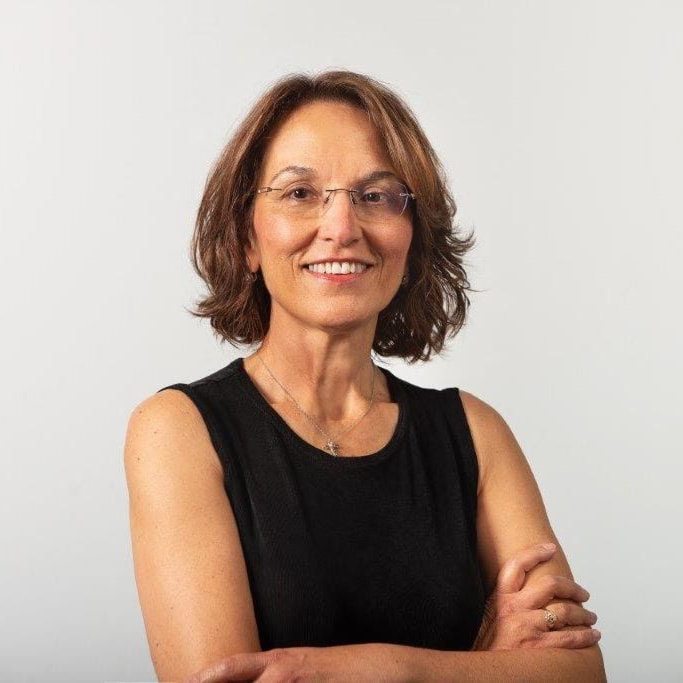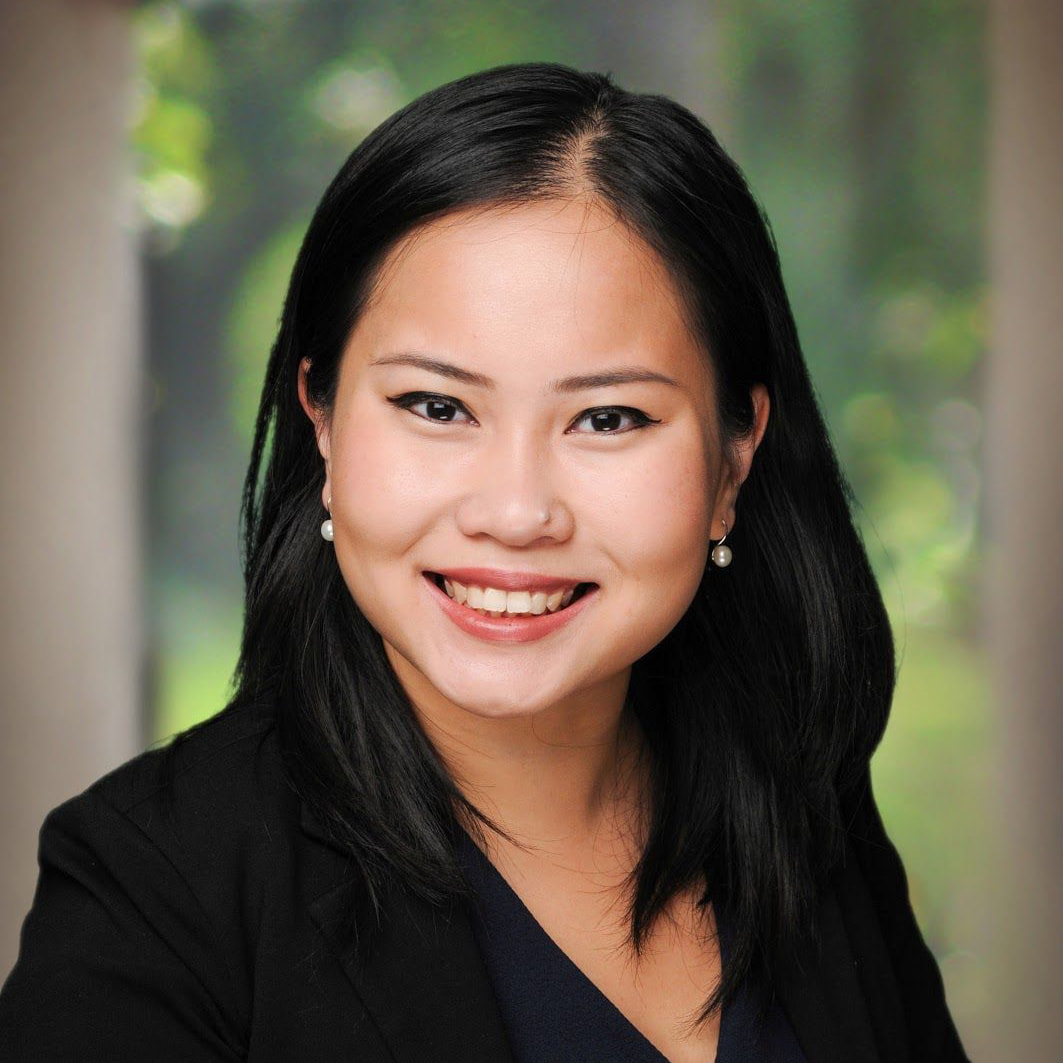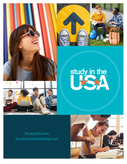|
By Mim Lee Phillips, MS International students choosing to study in the U.S. find high value in the experiences they have, lasting a lifetime. Significant for today, higher education institutions see economic fallout from the pandemic and could lose more than monetary repercussions. While in 2018 international students attributed 44.7 billion dollars to the U.S. economy, NAFSA estimates a $3 billion loss in 2020. This impacts both higher education institutions and creates an even greater loss to industries closely associated with international students. Challenging times, definitely. But an additional loss to consider is the potential decrease in enrollments and the inherent value of social mobility for today and future generations in the U.S. and abroad. International students choose to complete their tertiary education outside of their home country based on many variables. Influencing decisions range from future economic goals, family, adventure, friends/influencers, prestige, scholarships, and the list continues. Dr. Timothy Carey states, “Good choices are decisions that keep you heading in the direction in which you want to go.” No one can doubt that the value of studying across the globe is most likely a very good decision. Lived experiences are imprinted in our memory, resulting in how we interact for the rest of our lives. Recognizing potential global benefits such as learned independence, understanding cultural differences, language proficiency, new education system, meeting new people, and resiliency. By focusing on the human-centered international experience of four women from four countries across four decades, we can see that — within a 40 year span — the time spent in international higher education leaves an indelible imprint and significantly impacts a person for the rest of their lives. Dr. Zohreh Kazemi, M.D. OB/GYN
Chienyu Jade Yi
Van Pham
Kiki van Essen
The voices of current and former international students are narratives that are profoundly moving and insightful. International programs within higher education are reminded that students are decidedly more than commodities. Sharing both positive and negative aspects, their experiences are intricately woven in their life stories. Across four decades similar sentiments and memories haven’t changed. Moving forward amidst the economic challenges of today, institutions can reflect on the complexities that international students encounter, problem solve by creating meaningful programs across campus, and continue to be mindful of the distinct challenges international students face. Above all, across the world international education is certainly not over and we can continue to reap the benefits and remind ourselves that we have a lot to learn from each other.
|
|
Our sites
StudyUSA.com EnglishCoursesUSA.com CommunityCollegesUSA.com BoardingSchoolsUSA.com StudyintheUSAGlobal Blog © 2021 Study in the USA Global. All Rights Reserved
|
|





